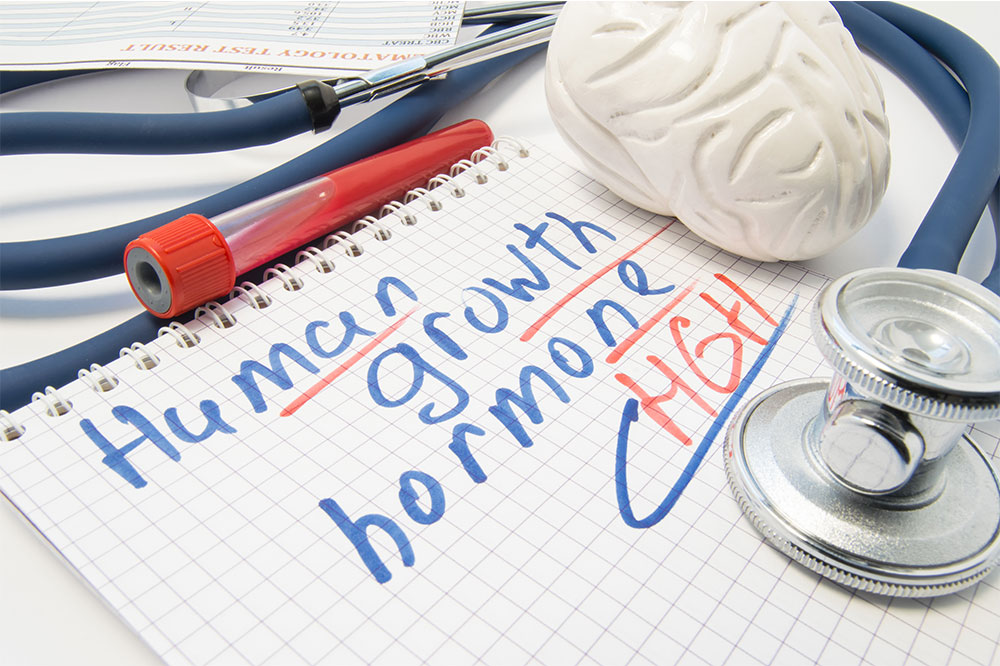Essential Insights into Human Growth Hormone Therapy
This article provides a comprehensive overview of human growth hormone therapy, discussing symptoms of deficiency, treatment methods, benefits, potential risks, and important considerations. It highlights how synthetic growth hormone can aid in growth, mental health, and physical well-being, especially when prescribed and monitored by healthcare professionals. Understanding the indications, effects, and precautions associated with therapy helps patients make informed decisions and highlights the significance of medical guidance for optimal health outcomes.

Key Facts About Human Growth Hormone Therapy
The pituitary gland, a small but vital organ located at the brain's base, produces essential hormones that influence overall growth and development. Over time, its ability to secrete growth hormone diminishes with age. To address this decline or hormone deficiency in children, scientists have developed synthetic human growth hormone. Here’s what you should know about the signs of growth hormone deficiency and the treatment options available.
Signs of Growth Hormone Deficiency Growth hormone plays a crucial role in physical development, bone strength, muscle growth, and mood regulation. Deficiency manifests differently in children and adults. In children, symptoms include stunted growth, chubby appearance, delayed puberty, short stature, and hair growth issues. Some infants may be smaller at birth, although this isn’t always noticeable. In adults, deficiencies are often linked to pituitary damage and can lead to symptoms like depression, increased abdominal fat, weak bones and muscles, fatigue, and cognitive issues.
Children may appear younger, have increased body fat, delayed puberty, reduced height, and hair growth problems.
In adults, low growth hormone levels can cause mood disorders, obesity, muscle loss, cardiovascular risks, fatigue, and difficulty concentrating.
Benefits of Human Growth Hormone Therapy Administering synthetic growth hormone offers numerous health benefits, especially for those with deficiencies. These include stimulating proper growth in children, enhancing exercise capacity, improving mood and cognitive function, increasing muscle mass, promoting skin health through collagen production, accelerating bone repair, reducing cardiovascular risks, and supporting conditions like Prader-Willi or Turner’s syndrome. It can also aid in treating body deterioration caused by HIV/AIDS. Note that research on synthetic hormone efficacy is ongoing, so consulting a healthcare provider is essential before starting treatment.
How Human Growth Hormone Therapy Works Treatment involves lab-produced injections that mimic natural pituitary hormones to restore energy, boost metabolism, and support physical development. Depending on the deficiency severity, injections are administered daily or multiple times a week. Treatment duration varies, often lasting several years, with regular doctor visits to monitor hormone levels, cholesterol, blood sugar, and bone density. Early intervention can significantly improve growth outcomes in children, sometimes adding more than four inches in height within the first three years.
Enhances growth and development in kids
Supports active lifestyles and fitness
Improves mental health, memory, and sleep quality
Builds muscle mass, slows age-related decline
Boosts skin health and collagen levels
Potential Risks and Side Effects
Carpal tunnel syndrome
Fluid retention leading to swelling
Elevated cholesterol levels
Joint, nerve, or muscle pain
Hypoglycemia or low blood sugar
Increased cardiovascular risks, including heart enlargement
Potential tumor growth; risk of acromegaly with long-term use
Mood swings, dependency issues, and possible liver stress
Patients experiencing adverse effects should consult their doctor promptly. Dosage adjustments might help reduce severity, but some side effects could persist. Notably, those with tumors, cancer, or serious health conditions should avoid therapy. Individuals with diabetes need careful blood sugar monitoring, as hormone therapy can impact insulin use.










